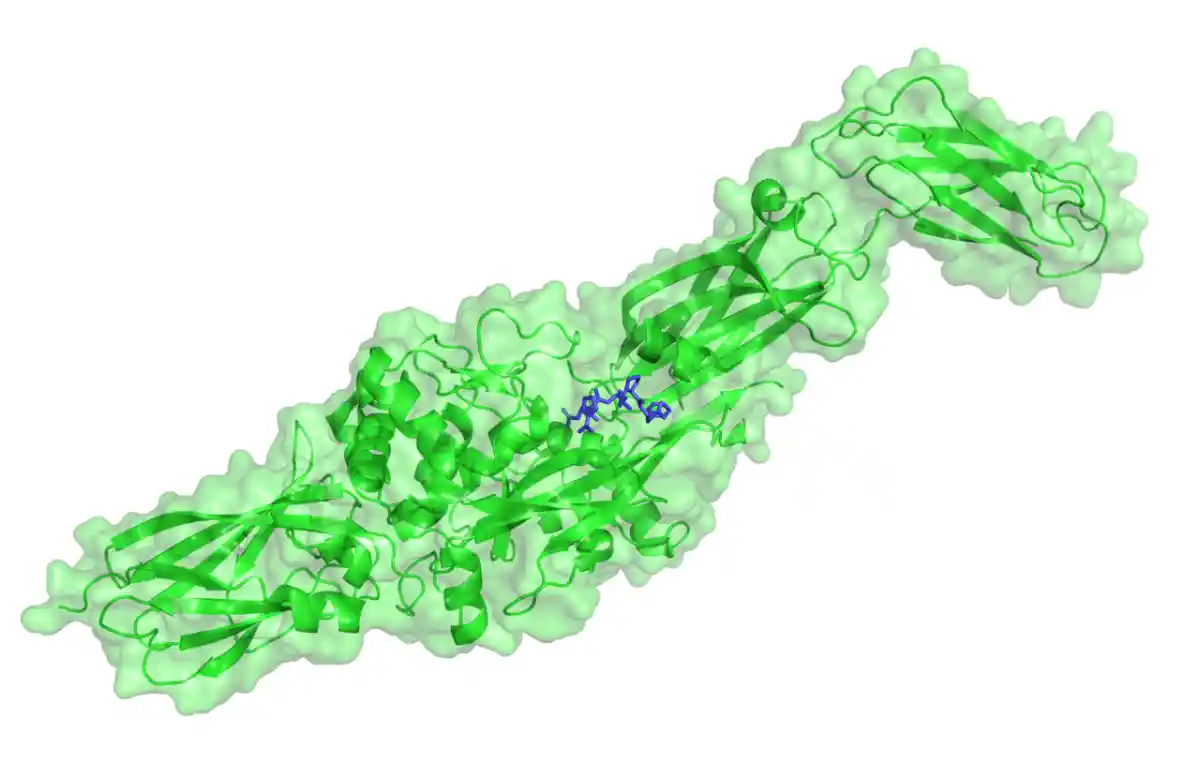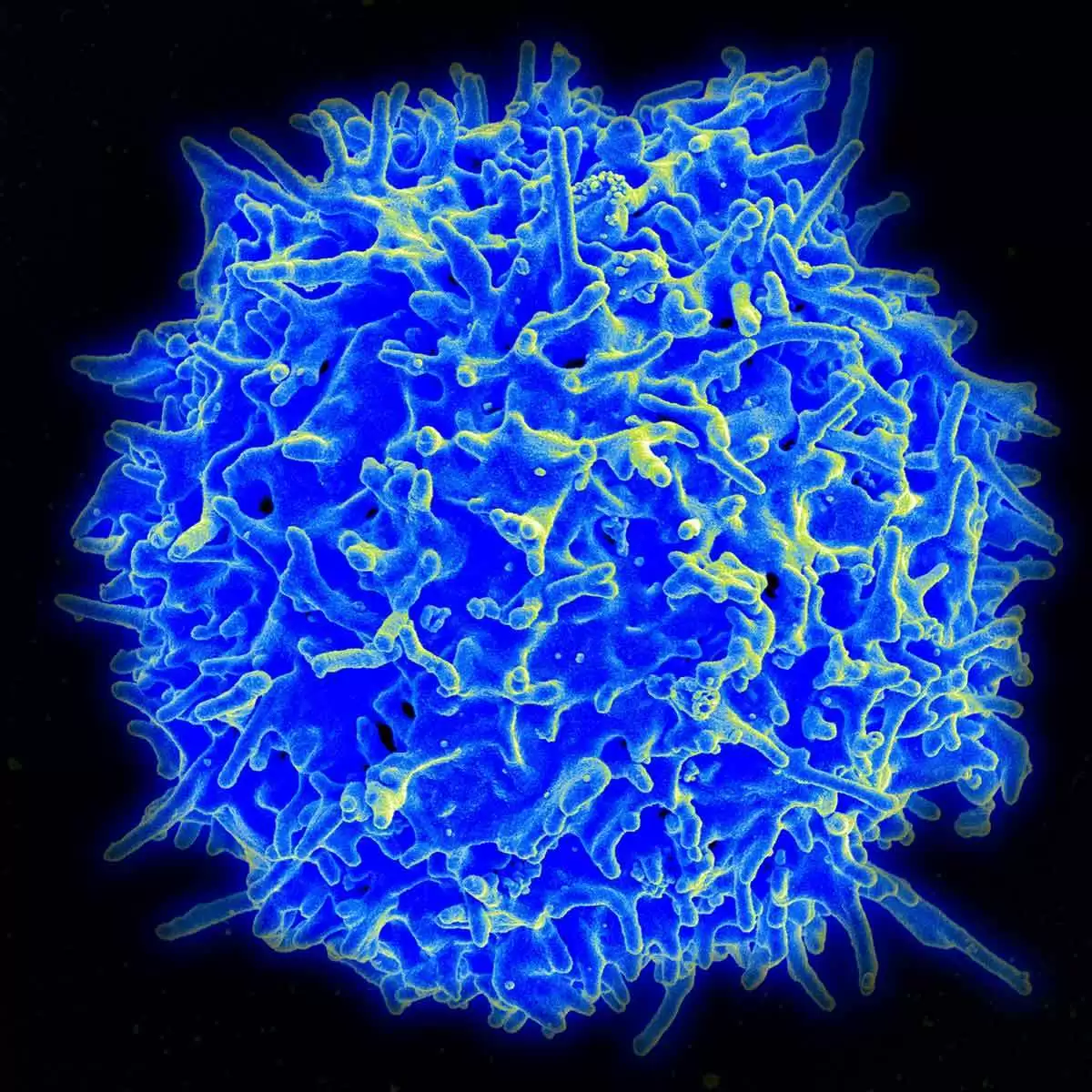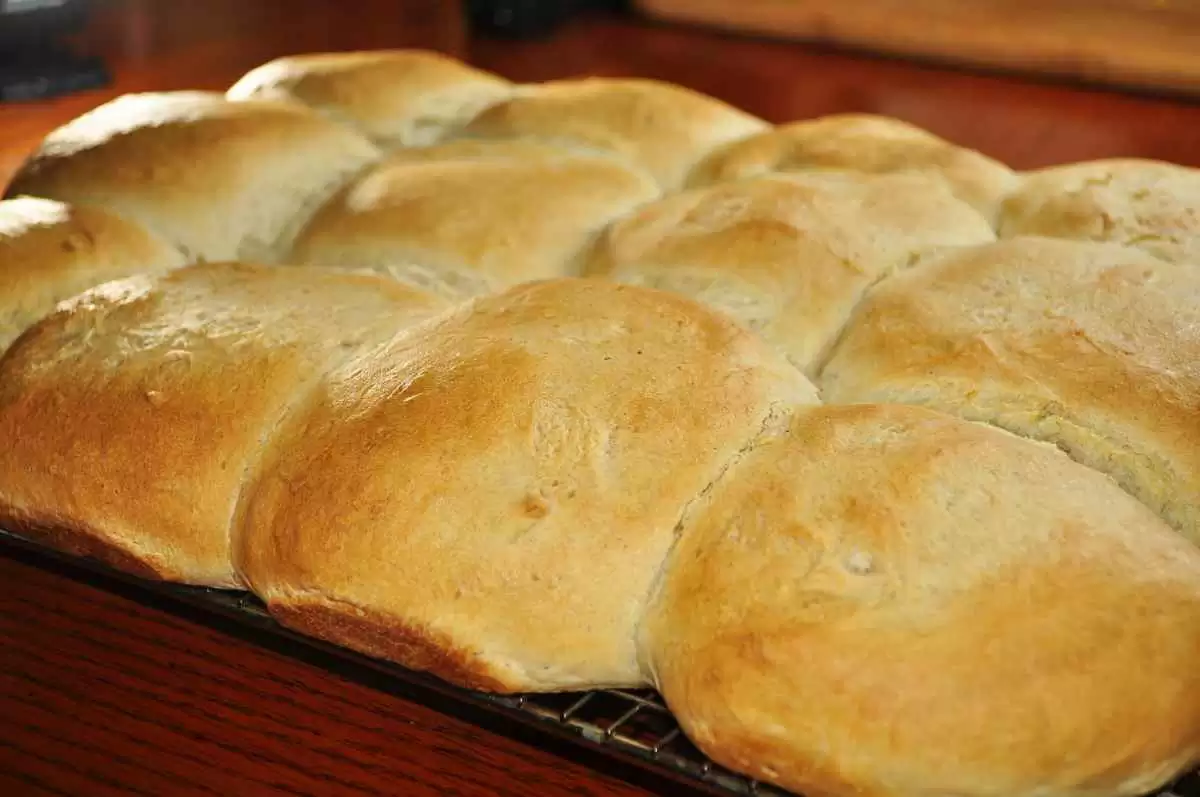Celiac.com 04/15/2024 - People with celiac disease face challenges in managing their diet due to the presence of gluten, a protein found in wheat, barley, and rye. For those with celiac disease, consuming gluten can trigger immune reactions, leading to symptoms such as gastrointestinal discomfort and damage to the small intestine.
A research team set out to evaluate the ability of selected probiotic strains to hydrolyze immunoreactive gliadin peptides and to identify peptidase-encoding genes in the genomes of the most efficient strains.
Celiac.com Sponsor (A12):
The team included Joanna Leszczyńska, Agnieszka K. Szczepankowska, Iwona Majak, Dorota Mańkowska, Beata Smolińska, Sylwia Ścieszka, Anna Diowksz, Bożena Cukrowska, and Tamara Aleksandrzak-Piekarczyk.
They are variously affiliated with the Institute of Natural Products and Cosmetics, Faculty of Biotechnology and Food Sciences, Łódź University of Technology in Łódź, Poland; the Institute of Biochemistry and Biophysics, Polish Academy of Sciences in Warsaw, Poland; the Institute of Technology and Food Analysis, Faculty of Biotechnology and Food Sciences, Łódź University of Technology in Łódź, Poland; the Institute of Fermentation Technology and Microbiology, Faculty of Biotechnology and Food Sciences, Łódź University of Technology in Łódź, Poland; and the Immunology Laboratory, Department of Pathomorphology, The Children’s Memorial Health Institute in Warsaw, Poland.
Probiotic Lactic Acid Bacteria May Mitigate the Immunoreactivity of Gluten Peptides
In the team's recent study, published in the Special Issue on Celiac Disease and Gluten-Related Disorders: Nutritional Solutions, researchers explored a potential dietary management strategy involving probiotic lactic acid bacteria to mitigate the immunoreactivity of gluten peptides.
Immunoreactive gluten peptides, particularly the 33-mer, are resistant to digestion by enzymes produced in the human body and can exacerbate celiac disease, gluten allergy, and non-celiac gluten hypersensitivity. The research team aimed to investigate whether selected probiotic strains could effectively break down these immunoreactive gliadin peptides.
The study assessed the ability of probiotic strains such as Lacticaseibacillus casei LC130, Lacticaseibacillus paracasei LPC100, and Streptococcus thermophilus ST250 to hydrolyze gluten peptides. Peptidase preparations from these strains were found to significantly reduce the immunoreactivity of gliadin peptides, particularly when used in combination. In addition, genomic analysis revealed that L. casei LC130 and L. paracasei LPC100 possess genes encoding peptidases capable of breaking down proline-rich peptides, a characteristic feature of gluten.
These findings suggest that probiotic lactic acid bacteria, especially when administered as a mixture, have the potential to alleviate the harmful effects of immunoreactive gluten peptides in individuals with gluten-related diseases. By incorporating these probiotic strains into their diet, individuals with celiac disease may experience improved tolerance to gluten and reduced risk of adverse reactions.
Probiotic Supplementation with a Gluten-Free Diet May Offer Additional Protection
While further research is needed to fully understand the clinical implications of probiotics in the management of gluten-related disorders, this study offers promising insights into novel dietary approaches for individuals with celiac disease.
Probiotic supplementation, in conjunction with a gluten-free diet, could offer an additional layer of support for those seeking to effectively manage their condition and improve their quality of life.
Keywords: celiac disease; gluten-related diseases; gluten-free diet; endopeptidase; 33-mer peptide; peptidase-encoding genes; lactobacilli; probiotics
Read more in Nutrients 2024, 16(7), 976







Recommended Comments
There are no comments to display.
Create an account or sign in to comment
You need to be a member in order to leave a comment
Create an account
Sign up for a new account in our community. It's easy!
Register a new accountSign in
Already have an account? Sign in here.
Sign In Now